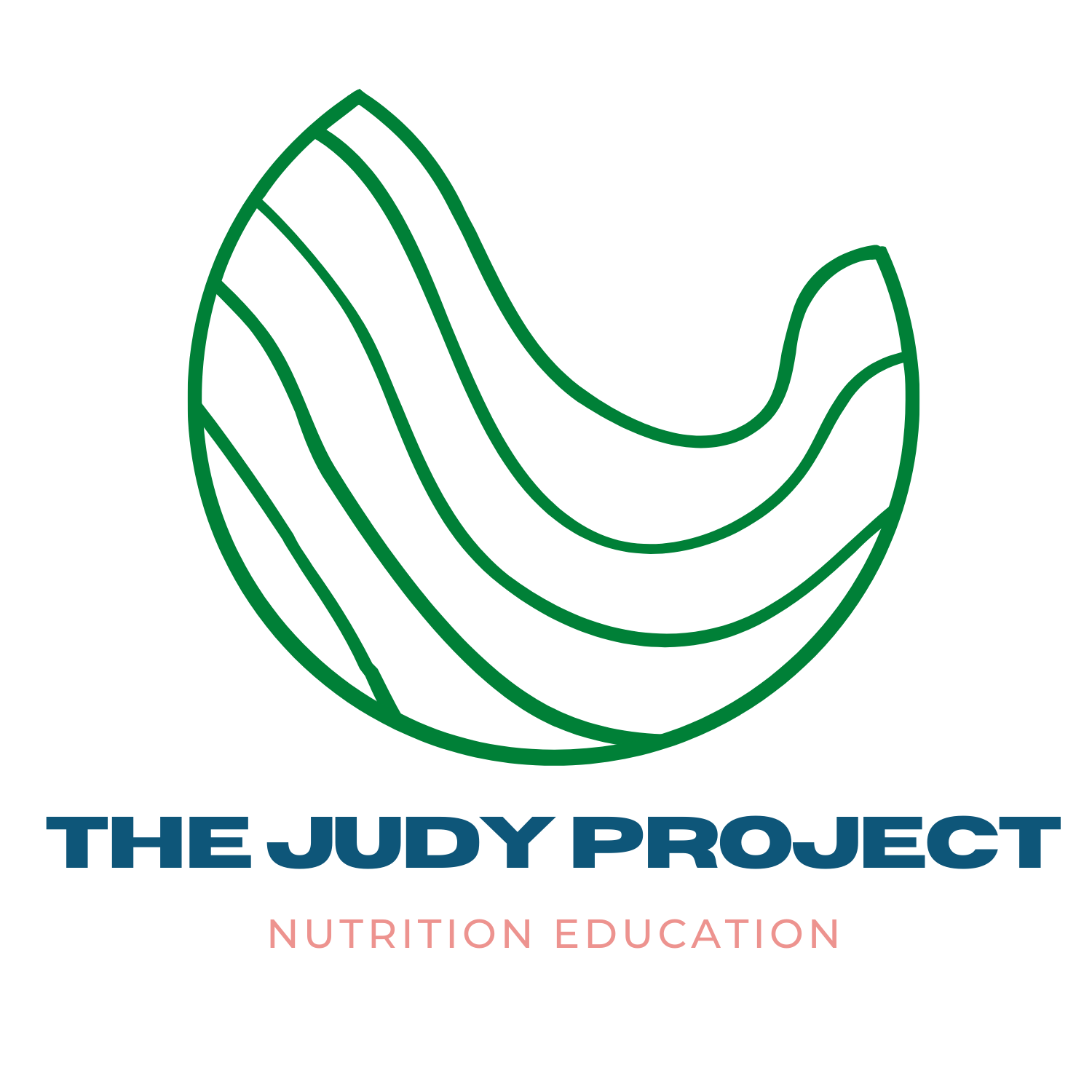What Your Poop is Trying To Tell You
Yes, we’re really going there — because your poop says a lot about your gut health and overall well-being. As a registered dietitian, I can tell you: if you’re feeling bloated, constipated, or like your digestion is off, your bathroom habits are worth a closer look.
Here’s how to get your digestive system running smoothly — without resorting to expensive cleanses or trendy supplements.
1. Know What a “Good” Poop Looks Like
Let’s start with the basics. The Bristol Stool Chart is a visual guide used in medicine to describe poop consistency.
Type 1-2: Hard, lumpy stools (constipation)
Type 3-4: Ideal — smooth and soft, easy to pass
Type 5-7: Mushy or watery (diarrhea)
If you’re regularly on the hard or loose end of the spectrum, it’s time to check in with your habits — especially your diet.
2. You Probably Need More Fiber (But Start Slow)
Most adults need 25–35 grams of fiber per day. The average American? We’re getting maybe half that.
💩 Fiber helps bulk up your stool, keeps things moving through your gut, and supports beneficial bacteria in your microbiome.
Best sources:
Fruits (apples, berries, pears)
Vegetables (leafy greens, carrots, broccoli)
Whole grains (oats, quinoa, whole wheat bread)
Beans and lentils
🔁 Important: If you’re not used to eating a lot of fiber, don’t ramp up too fast. That can actually make you feel more bloated at first. Start with one high-fiber food at a time and increase your water intake to help it move smoothly through your system.
3. Hydration = Happy Poops
Fiber can’t do its job without water. If you’re increasing your fiber intake but not drinking enough fluids, you might end up more constipated.
💧 Aim for at least 8–10 cups of water per day (more if you’re active, sweating, or upping fiber). Keep a water bottle with you and try flavored or sparkling water if plain water gets boring.
4. Gut Health ≠ Buying a Probiotic
You’ve probably heard that gut health is about taking a probiotic. But truthfully, your daily food habits are way more important.
Foods that support gut health:
High-fiber foods (prebiotics)
Fermented foods like yogurt, kefir, kimchi, and sauerkraut
Minimally processed meals with variety
Before you reach for a pricey supplement, try adding one or two of those gut-friendly foods to your routine first.
5. The Myth of “Detoxing” Your Gut
Spoiler: Your body already has a detox system — it’s called your liver and kidneys.
You don’t need to buy a juice cleanse, supplement, or laxative tea to “cleanse your gut.” In fact, those products often do more harm than good.
What you really need:
Consistent meals with fruits, veggies, and whole grains
Enough water
Regular movement
Sleep and stress management
That’s what actually helps your digestive system function at its best — no cleanse required.
Bonus Tip: Movement Matters
Exercise helps stimulate your digestive tract, keeping things moving along. Even a short walk after meals can improve digestion and reduce constipation.
Final Thought from a Dietitian
Improving your poop is not about expensive products — it’s about daily habits. If you’re struggling with constipation, bloating, or irregular digestion, start with fiber, fluids, and consistency.
Still need help? I have a free fiber eBook with recipes, fast food picks, and microwave meals that can help you meet your fiber goals without overhauling your life. The link’s in the description.

